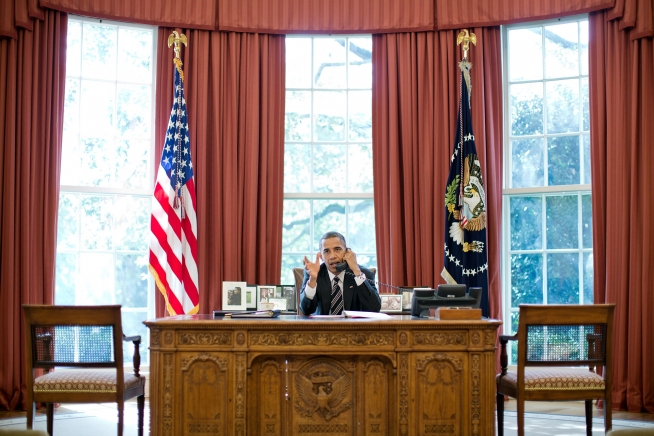For decades, Israel has claimed that Palestinian school books teach pupils to hate Israel and Jews. This sent a strong signal to pro-Israel voices in Washington to tell lies, like when Newt Gingrich falsely claimed in a Republican presidential debate in December 2011 that Palestinian schoolbooks “teach terrorism.” He gave an erroneous example that Palestinians “have text books that say, ‘If there are 13 Jews and nine Jews are killed, how many Jews are left?’”
Ultimately, the charges about extremist and anti-Semitic Palestinian education became a way to condemn Palestinians in general and to serve as proof that Palestinians could not be reasoned with in peace talks. It was part of the ideological vilification of the other side that justified a harder line in Israel by depicting the threat Palestinians pose as metastasized and multi-generational.
Today’s New York Times, Academic Study Weakens Israeli Claim That Palestinian School Texts Teach Hate: “An academic study of the contents of Israeli and Palestinian Authority textbooks, to be published Monday, finds that each side generally presents the other as the enemy, but it undermines recent assertions by the Israeli government that Palestinian children are educated ‘to hate.'”
The study, according to the New York Times, was “unusually comprehensive” and actually found that both Israel and Palestinian schoolbooks are biased against the other side, but that “extreme examples of dehumanization and demonization were ‘very rare’ on both sides.”
Sigal Samuel at the Daily Beast’s Open Zion:
While the study shows that all three schoolbook systems present a unilateral national narrative depicting the other community as the enemy, it also shows that these negative features are less pronounced in the Israeli state books: only 49 percent of relevant texts in Israeli state books describe the other in negative or very negative ways, as opposed to 73 percent in Israeli ultra-Orthodox and 84 percent in Palestinian books. The Israeli state books also include more self-critical passages and provide additional information about Palestinian religion, culture, and everyday life.
Reflecting on the causes of this discrepancy, Dr. Wexler said by phone Friday that “the Palestinian books have a more exclusive national narrative and more negative portrayal of the other because, if one of the societies in a conflict is less powerful and suffering more severely, their textbooks are often more strident.”
Why a comparable level of negativity persists in the powerful Israeli ultra-Orthodox sector is less clear. Israel’s ultra-Orthodox schools operate independently and its books are not subject to approval by the Ministry of Education. As a result, problematic features go unchecked. For example, 95 percent of maps in ultra-Orthodox schoolbooks show no borders in the land between the Jordan River and the Mediterranean Sea, implying that the Palestinian areas are part of the State of Israel. What’s more, 25 percent of these maps label the West Bank as Judea and Samaria. The study emphasizes that such features pose an obstacle to peace, because they encourage a maximalist vision of Israel that will make any future agreement based on division of the land more difficult.





